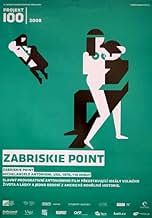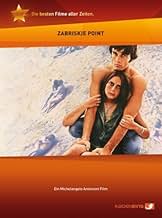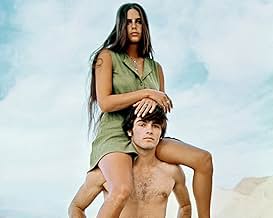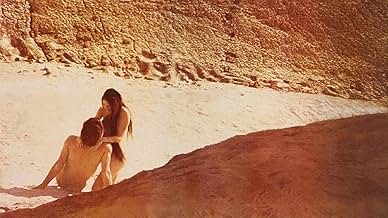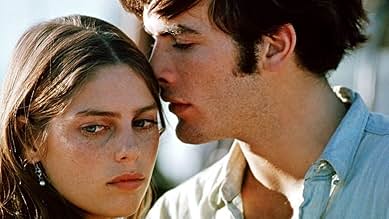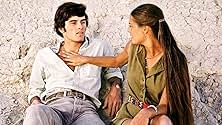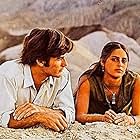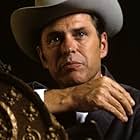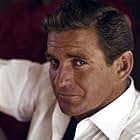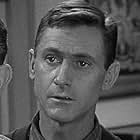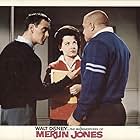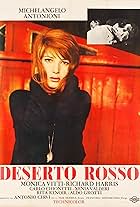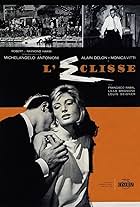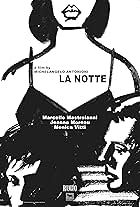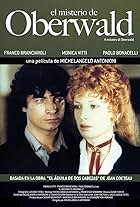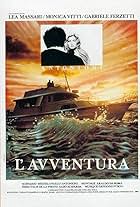At a time of chronic civil unrest in late 1960s America, a young revolutionary suspected of murder steals a plane and meets a girl.At a time of chronic civil unrest in late 1960s America, a young revolutionary suspected of murder steals a plane and meets a girl.At a time of chronic civil unrest in late 1960s America, a young revolutionary suspected of murder steals a plane and meets a girl.
- Awards
- 1 win & 1 nomination total
Martin Abrahams
- Radical student
- (uncredited)
Michael L. Davis
- Police lieutenant on loudspeaker
- (uncredited)
Lee Duncan
- Highway patrolman
- (uncredited)
George Dunn
- Airport mechanic
- (uncredited)
Dennis Falt
- University student
- (uncredited)
Harrison Ford
- Arrested student
- (uncredited)
Jim Goldrup
- College student
- (uncredited)
Norman Grabowski
- Man in Deli
- (uncredited)
Bill Hickman
- Gun store owner
- (uncredited)
- …
Kenner G. Kemp
- Departing Plane Passenger
- (uncredited)
Peter Lake
- Documentary cameraman
- (uncredited)
Storyline
Did you know
- TriviaAntonioni met with Jim Morrison during early production to ask for a musical contribution to the soundtrack. Morrison and the Doors provided "L'America" which Antonioni then rejected.
- GoofsZabriskie Point, in Death Valley National Park (California, USA) is not actually the lowest-elevation point in the United States. That would be Badwater Basin, at a depth of 282 feet below sea level, which is also located in Death Valley National Park about 20 miles away.
- Quotes
[booking a protester]
Cop: Occupation?
William S. Polit, protester: Associate professor of history.
Cop: That's too long, Bill. I'll just put down clerk.
- Alternate versionsIn the original version, the song that's playing when Daria drives away at the very end and over the closing "End" title card is a Roy Orbison song, but in the 1984 MGM/UA Home Video version it's a continuation of the Pink Floyd song. The 1991 MGM/UA Home Video version restores the Orbison song.
- ConnectionsEdited into Histoire(s) du cinéma: La monnaie de l'absolu (1999)
Featured review
This is the film in Antonioni's middle period that most critics dismiss quickly, as a 'flawed' look at 60s American youth culture/politics. For what it's worth, I found it more touching and memorable than his more acclaimed films like L'AVVENTURA, perhaps because he shows more emotion & empathy here than anywhere else. The story is simple, but it is used as a frame for Antonioni's brilliant observations of, and critique on American consumerist culture, student life, the counter-culture, and the whole anti-establishment, anti-war backlash that was so prominent then.
Even from a purely technical point of view, it is a remarkably crafted film; from the opening credits sequence to the bizarre desert 'love-in', to the use of billboards, and right down to that jaw-dropping, cathartic finale that used 17 camera set-ups (in it's own way, as powerful as the climax of The Wild Bunch). Also, Antonioni chose one hell of a leading lady with Daria Halperin, one of the most beautiful ever to grace the screen. There isn't much 'acting' involved, as this feels more like a docu-drama, and so the use of non- professionals as the lead couple works quite effectively within that context. And the soundtrack is not only filled with marvelous music, its use is impressive as well (I can't forget the start of the film, mostly due to the selection of music - by Pink Floyd - that grooms the visuals so well).
Contrary to popular opinion, this is quite an achievement in cinema, and one I would enthusiastically recommend to anyone with a taste or tolerance for the off- beat. Well worth seeking out, and one of those key films of the 60s that demands a DVD restoration/release.
Even from a purely technical point of view, it is a remarkably crafted film; from the opening credits sequence to the bizarre desert 'love-in', to the use of billboards, and right down to that jaw-dropping, cathartic finale that used 17 camera set-ups (in it's own way, as powerful as the climax of The Wild Bunch). Also, Antonioni chose one hell of a leading lady with Daria Halperin, one of the most beautiful ever to grace the screen. There isn't much 'acting' involved, as this feels more like a docu-drama, and so the use of non- professionals as the lead couple works quite effectively within that context. And the soundtrack is not only filled with marvelous music, its use is impressive as well (I can't forget the start of the film, mostly due to the selection of music - by Pink Floyd - that grooms the visuals so well).
Contrary to popular opinion, this is quite an achievement in cinema, and one I would enthusiastically recommend to anyone with a taste or tolerance for the off- beat. Well worth seeking out, and one of those key films of the 60s that demands a DVD restoration/release.
- How long is Zabriskie Point?Powered by Alexa
Details
Box office
- Budget
- $7,000,000 (estimated)
- Gross worldwide
- $84,879
- Runtime1 hour 53 minutes
- Sound mix
- Aspect ratio
- 2.35 : 1
Contribute to this page
Suggest an edit or add missing content



